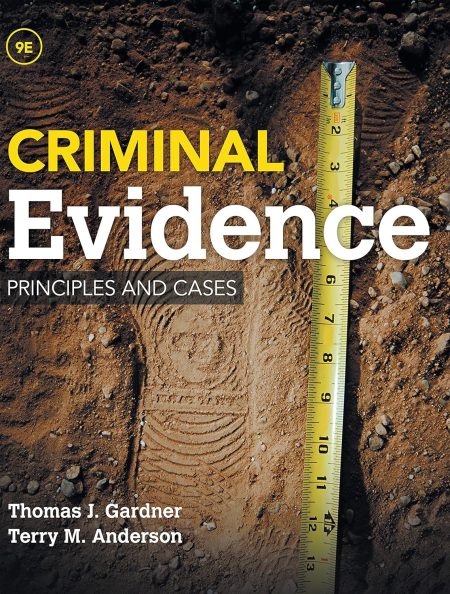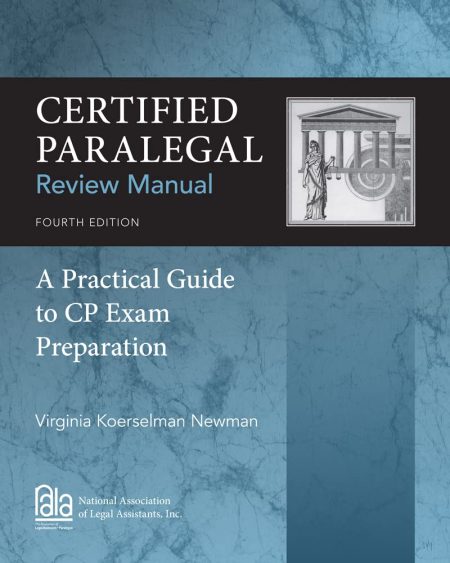Description
International law has evolved over the course of the twentieth century to protect human rights. But what are human rights? Does the term have the same meaning in a world being transformed by global warming and the effects of globalized trade? Are existing laws sufficient to ensure humanity’s survival? Drawing on case law and practice and examples from philosophy, law, and ecology, Laura Westra argues that the current system is not adequate: international law privileges individual over collective rights, permitting multinational corporations to overlook the collectivity and the environment in their quest for wealth and power. Unless policy makers redefine human rights and reformulate environmental law and policies to protect the preconditions for life itself — water, food, clean air, and biodiversity — humankind, particularly indigenous peoples and local communities in the developing world, will face the complete loss of the ecological commons, the preservation of which is one of our most basic human rights. Westra not only assesses the limitations of law, she also proposes possible paths to an ecologically safer future, including a new kind of cosmopolitanism, one that has the United Nations as a focal point for a new international legal order.






